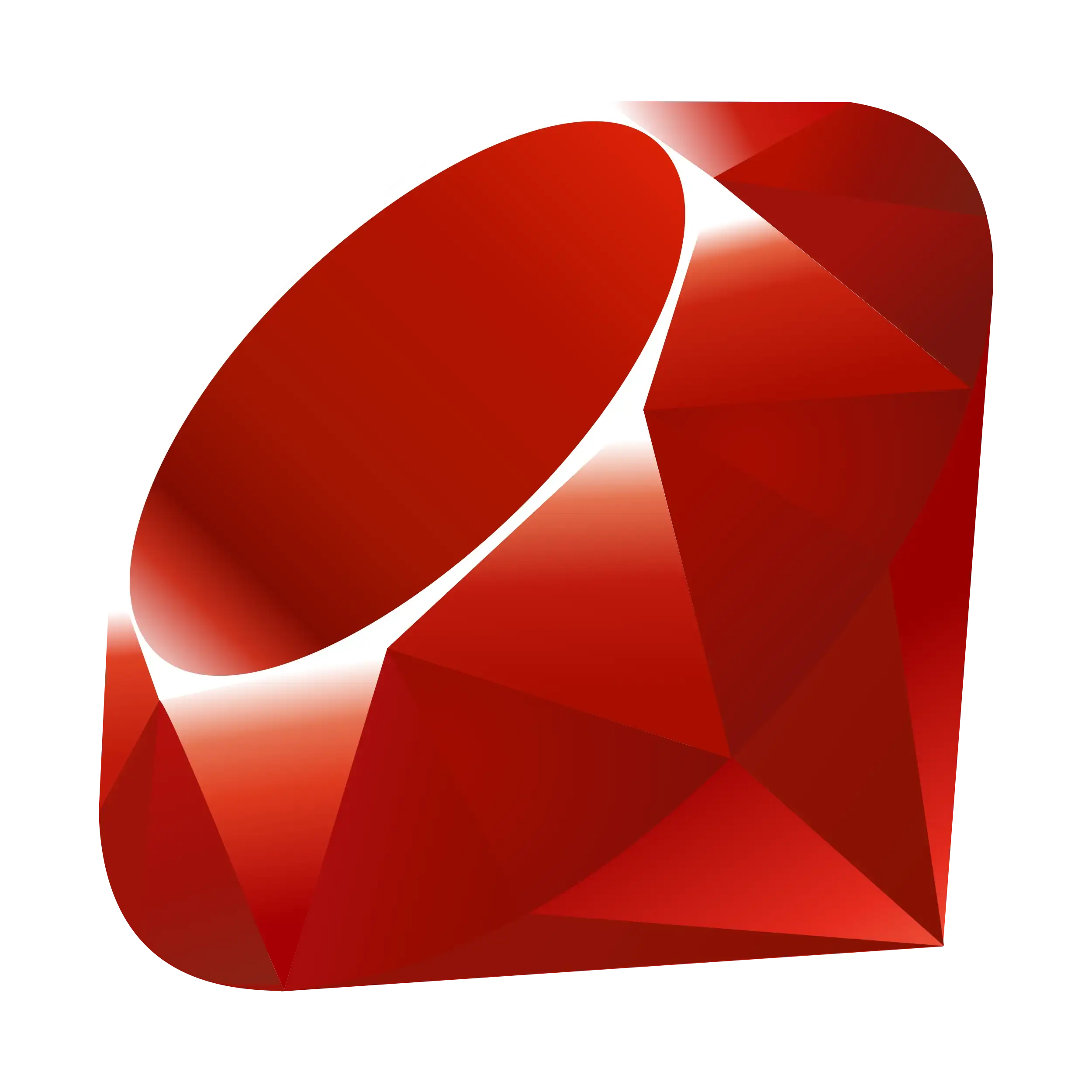I used solargraph for a really long time and it mostly suited all my needs, but I’ve seen it chew through memory in resource-bound environments (laptops with > 8GB RAM). Solargraph is very mature and is actively developed as of today. I’d say it’s still a very fine choice for anyone needing some LSP features in a text editor.
Personally, I switched to ruby-lsp some time back and haven’t needed anything else but my requirements aren’t the norm. I spend a lot of time in a terminal with tmux, vim/helix (which has ootb support for
solargraph), and a handful of monitoring tools.Overall, I would say solargraph should fit the bill for most users. Ruby-LSP is great if solargraph isn’t cutting it for you in some way.
i also use solargraph and ruby-lsp but i’m facing an issue with this code i wrote:
# frozen_string_literal: true array_of_strings = %w[foo fooo bar fioo] oo = array_of_strings.select { |word| word.end_with?('oo') } puts oowhen i want to use end_with? method, both LSP don’t show any method for the
wordvariable. do you know why is this happen? i also use neovim with coc.nvim for the LSP plugin. thanks for the reply btw :)Interesting. I’ve had this issue before and I’ve concluded that both LSP gems don’t really have a great solution to this problem. It crops up for me in both some code blocks and nested blocks. The solargraph maintainers have provided a solution for user-defined Classes here, but that’s not really applicable in your case.
Being frank, I would open an issue with both LSPs with your code example to get a better idea of what’s actually going on here and what potential solutions you can explore. Sorry I couldn’t offer more insight here
ahh thanks. might as well post this on reddit tho. ur reply made me really love ruby community here and reddit cuz u guys are helping and supportive <3
RubyMine.
RubyMine is an Interactive Development Environment, not a Language Server Protocol. RubyMine doesn’t need to use an LSP since it has all the features an LSP offers (and more) built into to the environment.
Yup. My point by posting was to contribute to the conversation that I don’t use an LSP
can RubyMine completion shows the method for
wordvariable here?# frozen_string_literal: true array_of_strings = %w[foo fooo bar fioo] oo = array_of_strings.select { |word| word.end_with?('oo') } puts oofor example the end_with? method cuz with both solargraph and ruby-lsp they don’t show any suggestions for the
wordvariable at all.Yes, RubyMine will offer completion for this block.

now i’m confused about why solargraph, which is said to be mature, can’t do that. and also i just realized it when i used
mapinstead ofselect; the methods appeared.wanna try RubyMine but i already comfortable in neovim. since RubyMine is an IDE i think my machine can’t handle that lol.
now i’m confused about why solargraph, which is said to be mature, can’t do that
It’s important to note that
ruby-lspis made by Shopify, and is currently used in-house by the company. The resources they can invest intoruby-lspboth in terms of development man-power and project management is naturally going to be higher than the community developedsolargraph.and also i just realized it when i used map instead of select; the methods appeared.
That’s strange, but
Enumerableandselecthave different uses. One is used to execute a block across a collection of elements, while the other constructs a new collection based on the block passed to a collection and the results of evaluating that block against each element.wanna try RubyMine but i already comfortable in neovim. since RubyMine is an IDE i think my machine can’t handle that lol.
I use RubyMine on my desktop and it’s a very solid development experience. I’ll say that if your machine can’t quite handle RubyMine, VS Code(ium) is a nice alternative with the solargraph or ruby-lsp plugins. I don’t know if they’ll have the same completion issue as neovim though.



